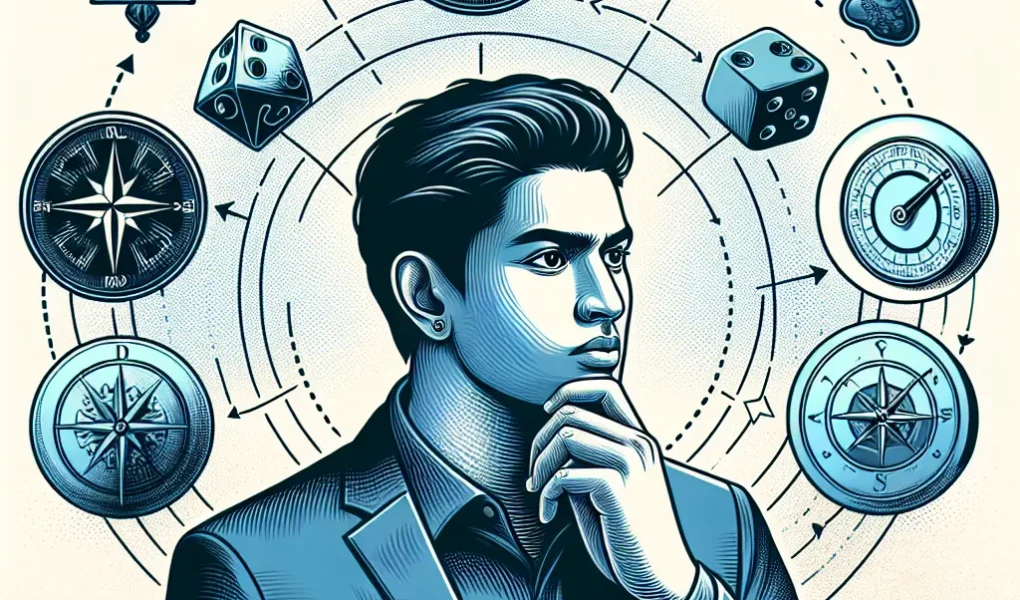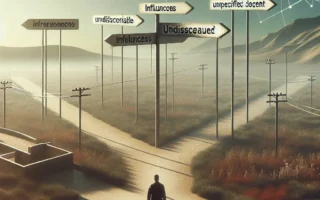The Role of Emotions in Decision Making
When it comes to decision making, personal experiences play a crucial role in shaping our choices. Emotions, in particular, have a significant impact on the decision-making process. Research has shown that emotions can influence our decisions, sometimes even more than rational thinking. When individuals make decisions, their emotions often come into play, either consciously or subconsciously.
Emotions can affect decision making by influencing our perceptions, preferences, and risk tolerance. For example, a person who has had a negative experience with a particular type of investment may feel fear or anxiety when faced with a similar opportunity, leading them to avoid it despite potential benefits. On the other hand, a positive personal experience may lead to feelings of confidence and optimism, making a person more likely to pursue a similar opportunity.
Furthermore, emotions can also impact the way information is processed and evaluated during decision making. When individuals are experiencing strong emotions, they may rely more on their gut instincts and intuitive feelings rather than carefully weighing the pros and cons of a decision. This can lead to impulsive or emotionally driven choices that may not align with rational judgment.
In conclusion, the role of emotions in decision making is undeniable. Understanding how personal experiences and emotions shape our decisions can help individuals make more mindful and informed choices. By being aware of the influence of emotions, people can learn to manage their emotional responses and make decisions that are aligned with their long-term goals and values.
Influence of Biases in Personal Decision Making
Personal experiences play a significant role in shaping our decision-making processes, often influencing our choices in ways that we may not even be aware of. One crucial aspect of this influence is the presence of biases in personal decision making. Biases are inherent tendencies or inclinations that affect our judgment and can lead to deviations from rational decision making.
These biases can stem from various sources, such as cultural background, upbringing, or past experiences. For example, individuals who have had negative experiences with a particular brand may develop a bias against it, impacting their future purchasing decisions. Similarly, confirmation bias, the tendency to search for, interpret, favor, and recall information in a way that confirms one’s preexisting beliefs or hypotheses, can significantly impact personal decision making.
Moreover, cognitive biases, such as anchoring bias or availability heuristic, can lead individuals to make suboptimal decisions based on the information that is readily available to them or the initial piece of information they encounter. These biases can cloud judgment and lead to decisions that may not be in one’s best interest.
Recognizing the influence of biases in personal decision making is critical in striving for more objective and informed choices. By acknowledging the presence of biases and actively seeking to mitigate their impact, individuals can enhance the quality of their decision making and avoid potential pitfalls stemming from undue influence of personal experiences.
The Power of Reflection in Decision Making
Personal experiences play a crucial role in shaping our decision-making processes. The power of reflection in decision making cannot be overstated, as it allows individuals to draw upon their past experiences to make informed choices for the future. By taking the time to reflect on past decisions and their outcomes, individuals gain valuable insights into what has worked well and what has not. This self-reflection process enables them to identify their strengths and weaknesses, as well as to recognize patterns in their decision-making tendencies.
Moreover, reflection empowers individuals to approach decision making with a more mindful and intentional mindset. By analyzing past experiences, individuals can develop a deeper understanding of their values, beliefs, and priorities. This, in turn, allows them to align their future decisions with their overarching goals and principles.
Furthermore, the act of reflection cultivates a sense of self-awareness that is instrumental in effective decision making. When individuals take the time to reflect, they become more attuned to their emotions, intuition, and cognitive processes. This heightened self-awareness equips them to navigate complex decisions with greater clarity and confidence.
In essence, the power of reflection in decision making lies in its capacity to leverage personal experiences for growth and improvement. By learning from the past, individuals can make decisions that are informed, deliberate, and aligned with their long-term objectives.



